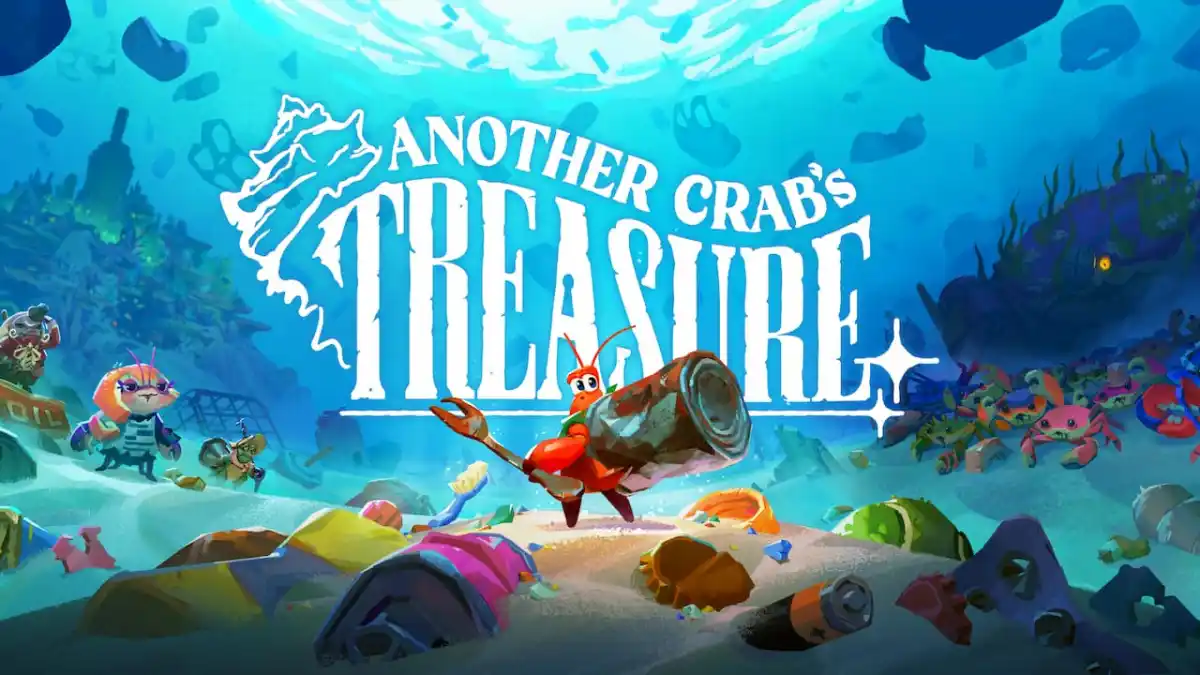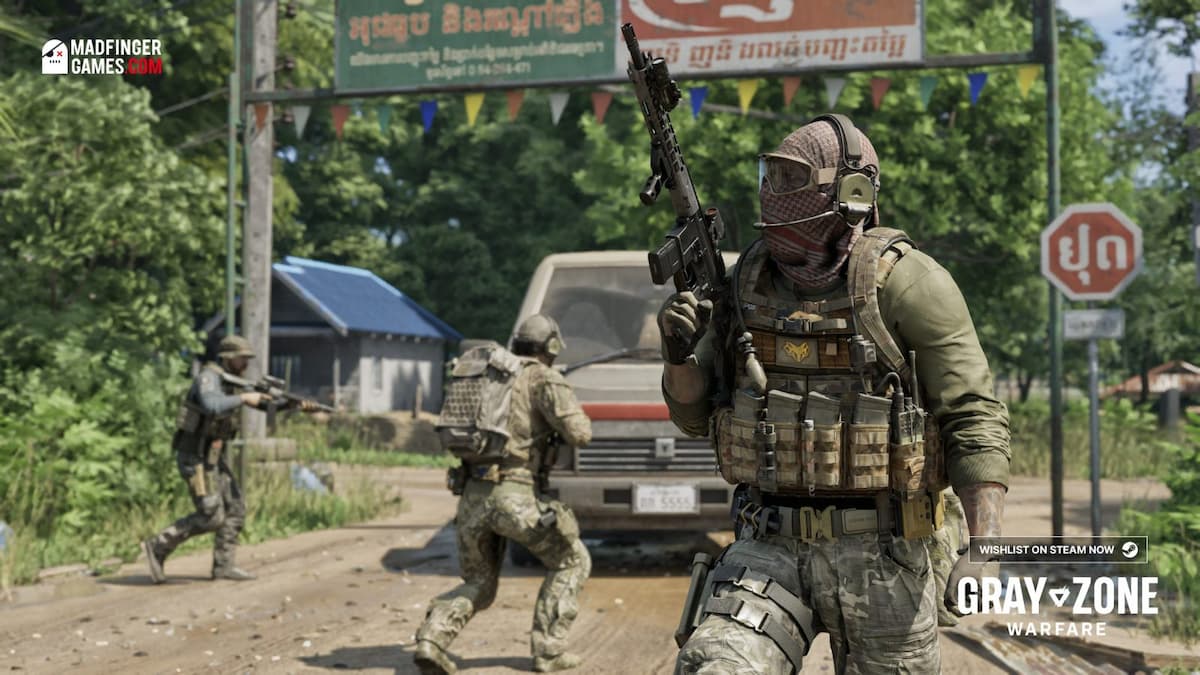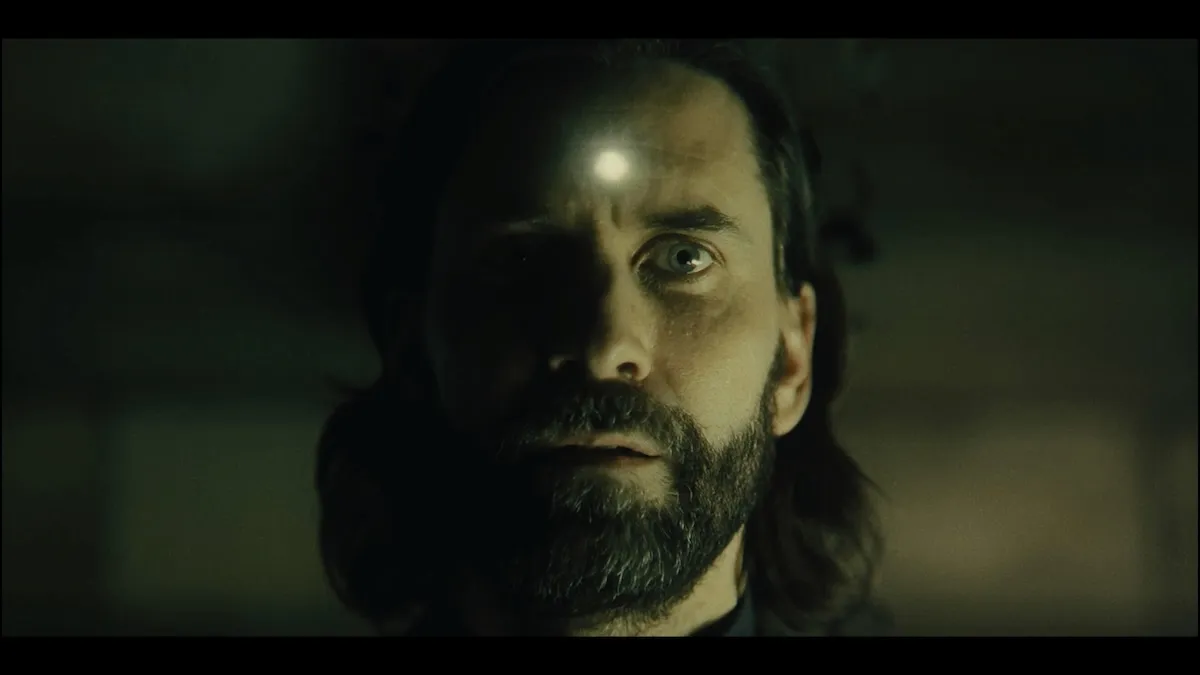[Editor’s note: We’re not just a (rad) news site — we also publish opinions/editorials from our community & employees like this one, though be aware it may not jive with the opinions of Destructoid as a whole, or how our moms raised us. Want to post your own article in response? Publish it now on our community blogs.]
[Flower spoilers incoming. Also, sentimentality.]
When thinking back to the sheer number of times that I’ve progressed through an epic journey and saved the world, it’s rare that I find myself thinking back fondly upon that world, that journey, or that triumph. After all, saving the world is an incredible triumph.
So why doesn’t it feel like it?
Too often, saving the world in a game feels like an incredibly mundane task. We’re thrown into some world, given towns, forests and characters, and we’re expected to single-handedly ensure that it’s all still there tomorrow.
But how many times do we actually feel like saving the world is the monumental task that it is? As gamers, we are the people who have the power to change the world — something that I think we’ve all dreamed of at some point. Yet there are too many of these situations in which doing this is completely meaningless for the player.
The only recent game that really made me feel good about saving the world involved floating petals and a lot of angry girders. 
Flower is a game that took my by surprise despite the fact that I played it extremely late and had already heard enough about it to know what to expect. Yeah, I had heard that people cried at the end. I knew it would be moving.
The fact is that I didn’t cry, nor did I find it moving in exactly the same way that others did. What I found moving about it is that it succeeded in doing something that even 50-hour RPGs hadn’t: I felt genuinely accomplished — blissful even — during that last level all because I felt as if I was having some sort of profound impact upon a very real, very important world.
So, after mulling over the experience for a week or so now, I think I know now what it was about Flower that made this whole world-saving business feel, at long last, worthwhile.
It immediately shows your impact upon the world in a meaningful way.

Oh no, The Tree of Light is dying! Bahlghast is going to be resurrected! We had better collect the five pieces of the Gaia Soul and return them to the Apple Store with the iPhone of Hope!
Please.
Too many games, and not only JRPGs, give us ridiculous tasks that somehow lead to us saving the world. We’re presented with long journeys, and while we may know what’s at the end of them and know achieving that task is what we must do to save the world, it just doesn’t mean anything to us. How does something like this really impact the world? Even when it’s meant to stand for something else, it’s usually done in such a poor manner that, rather than being meaningful, it just ends up being ridiculous.
Flower, on the other hand, gives us three states of the world, and allows to see the beautiful and the ugliness in both. The first few stages set up the beauty of the game world: you’re thrown into this relaxing, gorgeous place, and you’re allowed to explore at your own pace. Basically, the game gives you a wonderful feeling during these early stages, and it’s one that, if you’re anything like me, you want to hold onto. In the progression of the game’s story, this is extremely important, and it’s something that too many games forget. We can’t care about making a world better if we don’t get to experience its greatness.
The next stages snatch away our happiness, and in an extremely effective way. During the beautiful night stage, the entire mood of the game is changed suddenly as a series of power lines freak out, lighting up with a menacing red glow. What exactly is going on here? You don’t know at first, but soon, you see that the entire world is being threatened by metal abominations surging with electricity. The symbolism is, of course, extremely apparent, and it may not be a message that you agree with. But in this world, the threat is very real. The beauty of the world is being taken away, along with your own personal bliss felt in the game’s early stages.
Who wouldn’t want to get that back? So, the player struggles on, knocking down metal towers and neutralizing electricity, all the while restoring even the smallest bits of color to the world. And dammit, it feels good. It makes you want to continue on.
Then, in the game’s stunning final stage, you are given the ultimate power: the power to restore the world to the incredibly beautiful state that you first experienced. You have the power to reclaim your own bliss. As the color returns all around you, and twisted, dull buildings are given life, you cannot, cannot help but feel that your actions have truly contributed to a better world.
Pretty damn good for a game without a single line of dialogue, right?
It connects the game world’s needs with our own world’s problems, and gives us something to fight for.

I’ve yet to encounter an evil resurrected God who wants to enslave all of the world’s populace. It might happen one day, but at the present time, I can’t really relate on a personal level to those heroes in games who constantly struggle against these sorts of villains, no matter how menacing their laugh is. Why can’t a game make me save a world in a way that I can actually relate to?
Again, you may or may not agree with the message in Flower. I find myself somewhere in between. But the simple fact is that the game highlights a real-world issue and treats it in a way that can actually alter your perception of our own world despite the utter lack of realism (sentient flower petals and all that).
How does it do this? By providing a new reason to care about the world: both the game world and the real world. Like saving the life of a beautiful princess in an RPG, Flower allows us to save something else beautiful: the world, or, in many ways, beauty itself. Over time, I began to see beauty as its own character in the world of Flower: someone whom I got to know well early in the game, whom was suddenly taken from me, and whom I had to rescue. Even if you don’t see it that way, you’re still given an incredibly rich and colorful world, and you have it snatched away from you.

Who wouldn’t want to save this? I think most of us have an innate love of natural beauty, and we seek it out wherever we can find it. For many of us, it’s extremely rare, found only in weekend trips out of the city.
Flower doesn’t have to make us want to tear down every man-made structure in the world in order to make us care a little bit more about the beauty in our world. All of a sudden, I feel like decorating my apartment out with a bunch of plants. There certainly might be a connection here.
It’s sad that we constantly have to feel so far removed from the worlds and the characters that we, as players, inhabit. To me, Flower was the strongest reminder in recent memory that we, the players, are the people who have the power to change the world. Hell, there might even be hope for our own world.




